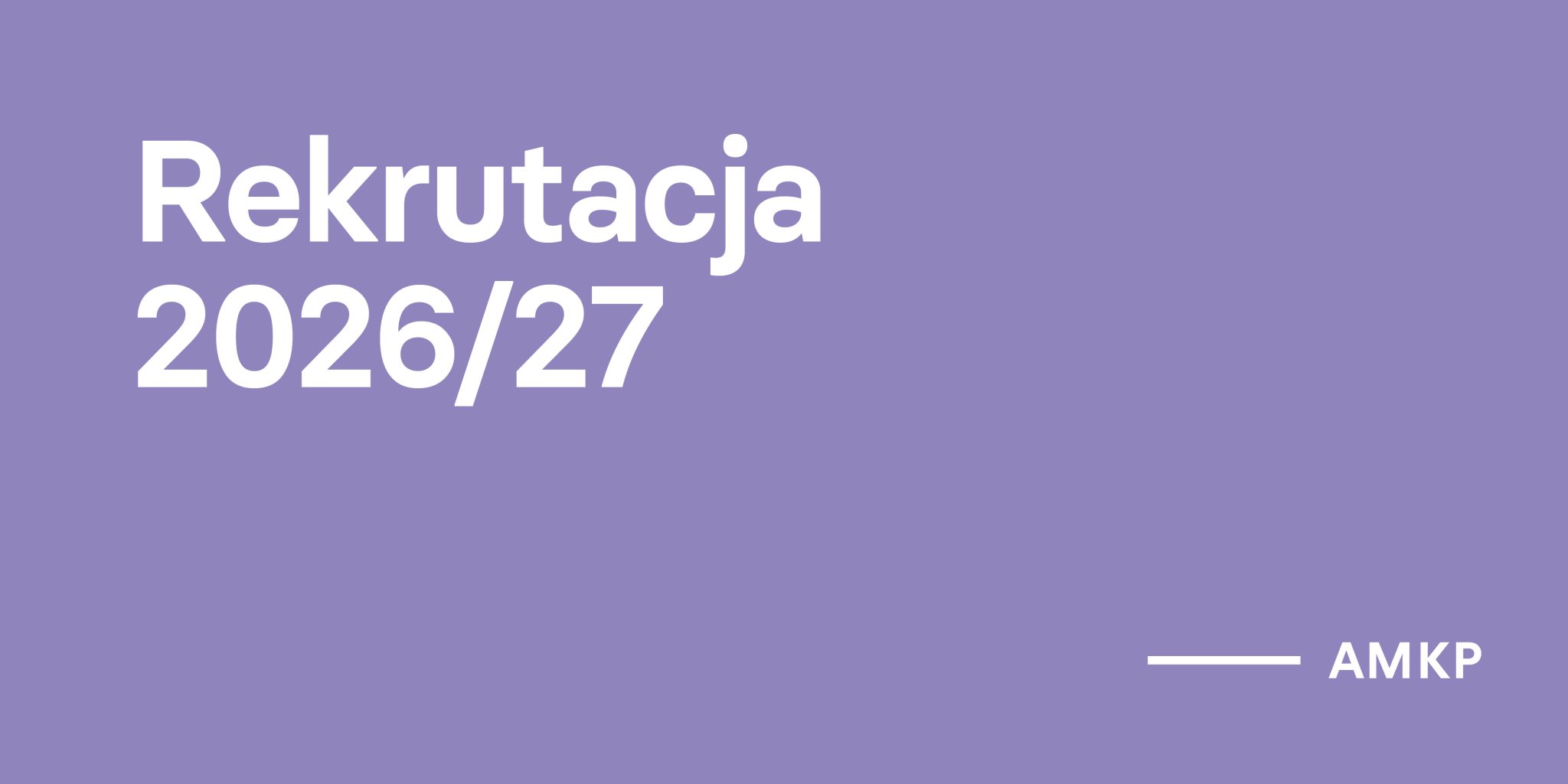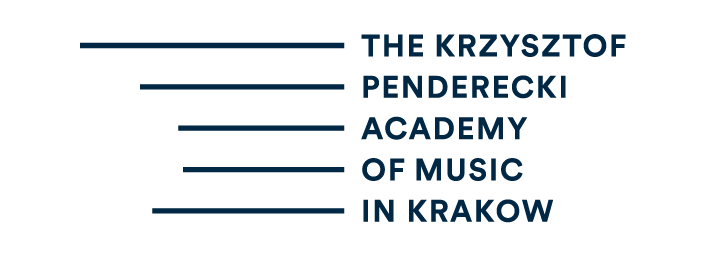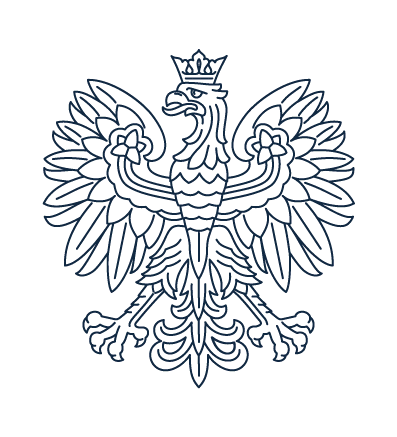
Entry requirements
RECRUITMENT CALENDAR
| Electronic registration of candidates | 8th May 2026 – 8th June 2026 |
| Recruitment | 8th May 2026 – 30th September 2026 |
| Entry examinations | June/July 2026 The detailed schedule of entry examinations will be set after the registration ends |
| Additional recruitment entry examinations | Septebmer 2026 The Rector may announce the additional recruitment for some fields of studies/majors – if the limit of places on a givien field/major is not reached |
RECRUITMENT PROCESS
Step by step instructions are available here.
GENERAL INFORMATION
- The examinations are held on-site; note that the Academy has the right to change the mode of examinations into the remote mode – in such a case the candidates will be informed in advance.
- The candidates shall pay the entry examinations fee before the examinations begin; the amount of the fee is regulated by a separate Rector’s ordinance; the fee is not subject to return after the registration of candidates in the MERK system finishes.
- The examinations are held by the academic teachers working at the Academy.
FORMAL REQUIREMENTS
FIRST-CYCLE STUDY PROGRAMME
- Entry examinations (you can find links to detailed entry examinations programmes for each field and major below);
- Matura exam certificate OR – for FOREIGN CANDIDATES – high school graduation certificate or an equivalent document, translated into Polish by a sworn translator, and stamped with an apostille certifying its authenticity;
- knowledge of English as the language of instruction at least at the B1 level, confirmed by at least B1 certificate (or equivalent), for example TOEFL – applies for candidates applying for studies with subjects led in English.
Additional information:
- Candidates do NOT have to be the graduates of the 2nd degree music school; however, during the entry examinations, they should present the knowledge and skills at the level of the 2nd degree music school graduate.
- Laureates and finalists of any school Olympiads do NOT have any special rights during the recruitment.
- Candidates with special needs – disabled or chronically ill – undergo the same recruitment procedure, but they may apply for the adjustment of the form of the examinations to their needs resulting from their disabilities – the form of examinations is set individually with the head of the recruitment committee for a given field of studies; the documents confirming the disability shall be presented at least 3 days before the recruitment begins.
Entry examinations programmes:
COMPOSITION AND MUSIC THEORY
composition | music theory
CONDUCTING
conducting
ARTISTIC EDUCATION IN THE FIELD OF MUSIC
music education | rhythmics | choral conducting | wind orchestra conducting
CHURCH MUSIC
church music
INSTRUMENTAL STUDIES
piano | organ | early music | classical guitar, harp | violin,viola | cello, double bass, knee-fiddles | winds, accordion | brass | percussion | chamber music
JAZZ AND IMPROVISED MUSIC
piano | double bass | flute | saxophone | trumpet | trombone | percussion | guitar | bass guitar | jazz violin | jazz arrangement and composition
VOCAL STUDIES
vocal studies
SECOND-CYCLE STUDY PROGRAMME
- Entry examinations (you can find links to detailed entry examinations programmes for each field and major below)
- Diploma, or an equivalent document of graduation from the first-cycle programme or a long-cycle Master’s degree programme*
*FOREIGN CANDIDATES shall present the diploma translated into Polish by a sworn translator, and stamped with an apostille certifying its authenticity - knowledge of English as the language of instruction at least at the B1 level, confirmed by at least B1 certificate (or equivalent), for example TOEFL – applies for candidates applying for studies with subjects led in English
Entry examinations programmes:
COMPOSITION AND MUSIC THEORY
composition | music theory
CONDUCTING
conducting
ARTISTIC EDUCATION IN THE FIELD OF MUSIC
teaching theoretical/music courses | rhythmics | choral conducting | wind orchestra conducting
CHURCH MUSIC
church music
INSTRUMENTAL STUDIES
piano | organ | early music | classical guitar, harp | violin, viola | cello, double bass, knee-fiddles | winds, accordion | brass | percussion | chamber music
JAZZ AND IMPROVISED MUSIC
piano | double bass | flute | saxophone | trumpet | trombone | percussion | guitar | bass guitar | jazz violin | jazz arrangement and composition
VOCAL STUDIES
vocal studies
EXAMINATION PROCEDURE
- The examination committees have the right to shorten the pieces of music, or to choose the pieces or their parts during the examination.
- The candidates shall have their own sheet music during the examinations.
- The candidates may have their own accompanist or may contact an accompanist from the Academy before the examination (applies also for the rhythmic sections)
- Instrument and vocal exams are open for public. The Head of Examination Committee may restrict the number of specatators because of venue conditions or for the candidate’s comfort.
- Exams are taken in one, two or three stages, depending on the field and major.
- Only the candidates who passed the first stage may take the second stage examination; only the candidates who passed the second stage may take the the third stage examination.






